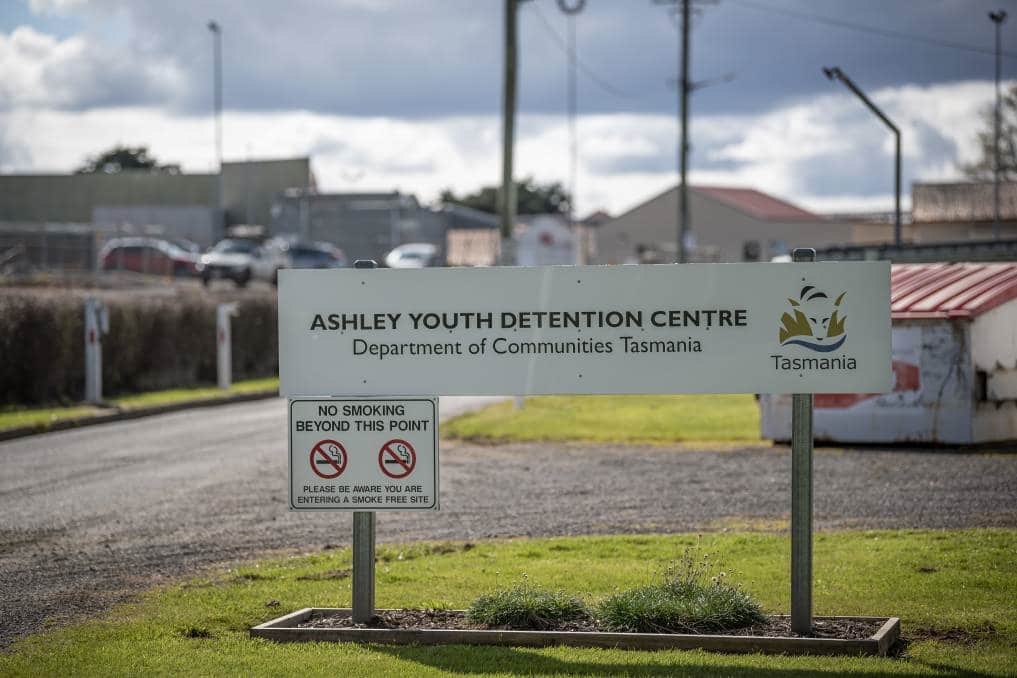A commission of inquiry has released its final report into the Tasmanian government’s responses to child sexual abuse in institutional settings, finding that the response to incidents of abuse across the state have been “too often, inadequate”.
The commission has referred more than 100 people to authorities during its inquiry, and the report outlines allegations of abuse against 24 individuals. It looked into the Launceston General Hospital, Ashley Youth Detention Centre, out-of-home care and public schools.
“Who was looking after me? This was a question we heard from more than one victim-survivor of child sexual abuse,” the commissioners wrote in the report’s preface.
“Sometimes it was simply a statement, but in many instances it was a genuine question, reflecting a deep feeling of bewilderment that we came to share. How can child sexual abuse have been allowed to happen in some of Tasmania’s most important institutions? How could children have continued to face known risks of sexual abuse and victimsurvivors been ignored, blamed, denied justice and silenced?”
The commissioners said although they saw “pockets of good practice”, this was often a result of “the initiative and good judgment of individuals rather than something encouraged and enforced by a broader system”.
“More commonly, institutions did not recognise child sexual abuse for what it was and failed to act decisively to manage risks and investigate complaints. Sometimes this was due to a lack of guidance and direction on how to manage incidents well but, also, due to ignorance, inertia and a desire to protect reputational interests,” the report said.
“Too often, institutions did not effectively manage active risks to children and young people or extend adequate care when they disclosed abuse.”
Tasmanian Premier Jeremy Rockliff has tabled the report in parliament, saying that the government would implement each of the commission 191 recommendations.
“As a Parliament, we must share that commitment to work together to make the changes to protect children in the state that endure for all time. Our actions must give meaning to this report and they must reflect the hope that I have, even on this dark day, for a better future for Tasmania’s children and a better future for our state,” Rockliff said.
“Victim survivors have been abused by the very people who are supposed to care for them. And they were failed by the system that is meant to protect them. It is time for change. It is time to reflect on some of our most painful moments in Tasmania’s history, and to build a culture in our institutions that will ensure it is never repeated.”
Rockliff thanked the commissioners who worked for more than two years on the inquiry. “You have shown us how the voices of children and young people were [routinely] ignored,” he said.
“You have demonstrated how a culture of silence and silos that allowed child sexual abuse to persist and pervade and you have made it clear the efforts of successive governments, our laws and our funding, simply were not good enough. The truth is powerful. Now we know where we have failed and what we must do.”
Rockliff also offered an apology to victim-survivors of child abuse.
“We are deeply sorry to all those who have suffered abuse in Tasmanian institutions and to your families and loved ones,” Rockliff said.
“We failed you. We are all accountable. And we are sorry. And we know that words are not enough. Today I reaffirm our government’s commitment to implement every one of the Commission’s 191 recommendations.”
The commissioners said it would be a “tragedy” if the report was treated as “the product of just another inquiry to file and forget”.
“The cost to taxpayers, the trust of the community and the toll on victim-survivors and whistleblowers that comes from sharing their experiences requires that the Tasmanian Government commits to a powerful and immediate response,” the commissioners said.
In the report’s preface, the commissioners wrote that undertaking the inquiry was not easy.
“It involves engaging with highly confronting evidence and testimony. One aspect of our Inquiry that made it particularly challenging was the recent and continuing nature of many of the risks and systemic issues adversely affecting the safety of children and the experience of victim survivors.
“The need for our Inquiry to prompt the urgent changes required weighed heavily at times, but the opportunity to create that change was also a great source of hope and motivation. All three of us emerge from this experience changed people— depleted in some ways, but greatly enriched in others.”
The commission has recommended several key reforms including:
- A new, strengthened regulator and advocate for children and young people’s rights and safety;
- A more coordinated and statewide response to child sexual abuse and harmful sexual behaviours;
- Increasing participation of children and young people, victim-survivors and service providers in policy design and delivery;
- Stronger mechanisms for institutions to protect children in institutions from adults who pose a risk to them;
- Showing greater care, compassion and investment in protecting and healing marginalised children;
- Ensuring staff and volunteers working with children have the knowledge and skills they need;
- Valuing and strengthening the skills and expertise of those working in the child safety and youth justice systems;
- That reform is monitored.
All of the recommendations are detailed in the final report, available here.
Support is available:
Lifeline 13 11 14 or www.lifelinetasmania.org.au
Tasmanian Lifeline 1800 98 44 34
State-wide Sexual Assault Support Line (Sexual Assault Support Service and Laurel House) 1800 697 877
Relationships Australia Tasmania 1300 364 277


